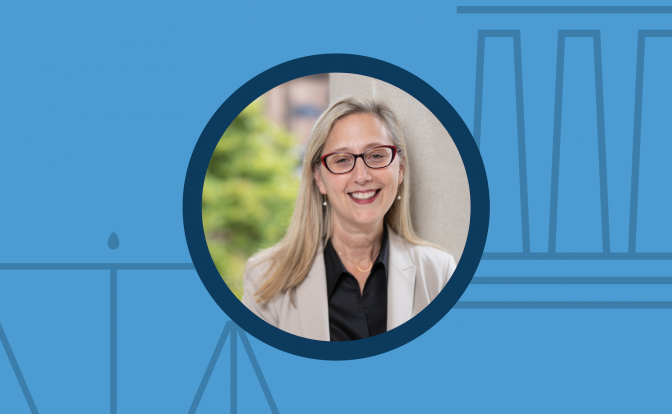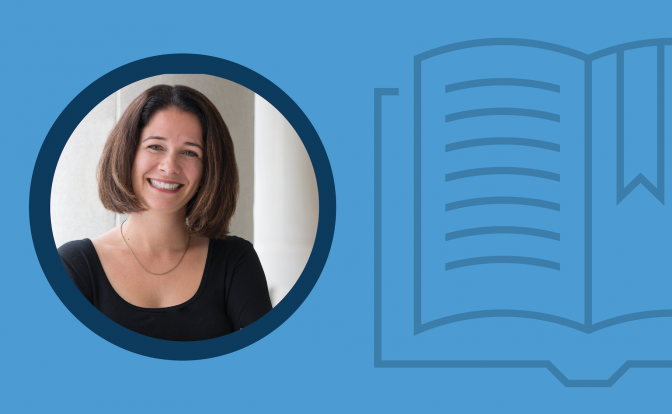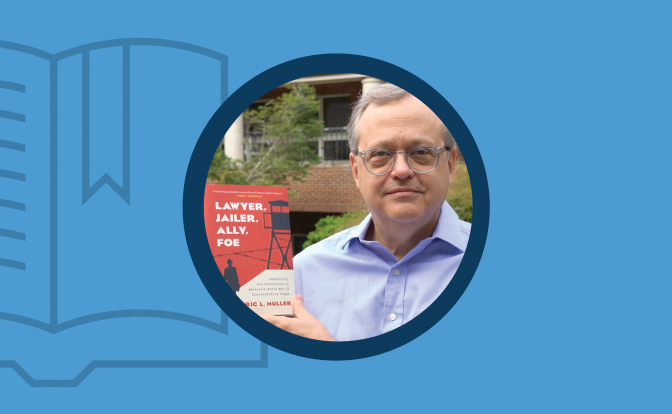As one of the leading scholars on the removal and imprisonment of Japanese Americans in World War II, Eric Muller has spent decades researching and writing about the injustices suffered by these American citizens. In his recent book, Lawyer, Jailer, Ally, Foe: Complicity and Conscience in America’s World War II Concentration Camps, Muller focuses his moral compass on three of the white lawyers who worked as project attorneys for the War Relocation Authority, the civilian agency charged with handling the detention camps. These attorneys provided legal counsel to camp prisoners while also keeping the camp running. Muller explores how Jerry Housel at Heart Mountain in Wyoming, Ted Haas at Poston in Arizona, and James Hendrick Terry at Gila River in Arizona—as well as Japanese American prisoner-lawyer Thomas Masuda, who worked alongside Hass—balanced their professional ethics with their day-to-day responsibilities which perpetuated racial injustice.







